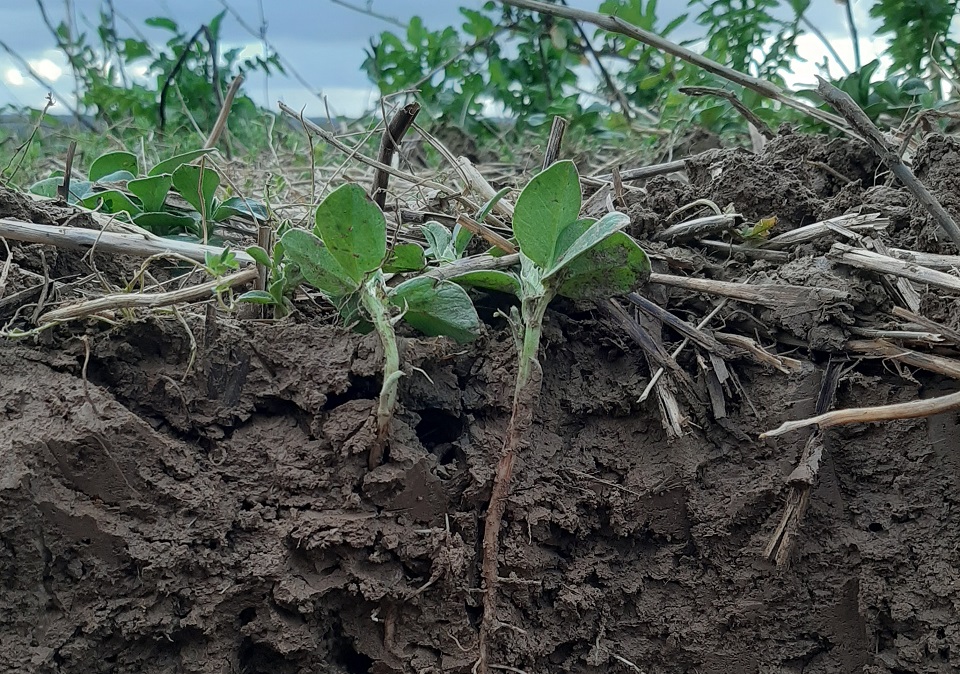The overall aim of the Interreg TRANSAE project is to support farmers in their transition towards agroecology. This translates into a participatory approach whose purpose is to resolve the problems that professionals encounter in the field. For this reason, various groups of farmers already involved in agroecological practices have been set up in the project partner regions (Flanders, Hauts-de-France, Wallonia).
The Wallonia group is made up of 10 to 15 field crop farmers with a variety of profiles and backgrounds (conservation agriculture, organic farming, interaction with livestock, etc.) with whom the CRA-W and the non-profit association Greenotec are associated. Their main objectives are to reduce tillage and the use of plant protection products.
The farmers in the network quickly raised a major issue: the results of scientific studies and associated trials are difficult to apply in their production systems. It was therefore decided to develop a new approach involving a collective personalised experiment, co-designed with each farmer on the basis of rotation (at least 3 years), in order to meet his objectives and adapt to his production conditions.
This approach has been named “Network Plot System Experimentation” or ESR.
In the field, this means identifying 12 plots of 2 hectares (one per farmer), distributed around Wallonia and dedicated to experimentation. On one 1-hectare sub-plot, called a "control", the usual practices, well-mastered by the farmer, are carried out. On the adjacent sub-plot, called the "ABC" (Agriculture Biologique de Conservation), [Organic Conservation Agriculture], a series of innovative techniques associated with a reduction in tillage and the use of crop inputs is implemented. As a rule, the two sub-plots have the same crop.
Several innovations were tested during this first season, for example the use of permanent cover (in conservation agriculture and organic farming), simplified cultivation techniques or direct sowing of winter crops in organic farming, implementation of strip-till (tillage focused on the sowing line) for spring crops, etc.
The ESR approach is an iterative learning process punctuated by individual and group meetings. It enables farmers in the group to gain and share experience, and to accelerate and safeguard the transition in their crop system. The ambition is to test this ESR approach, both as a support tool for the transition to agroecology and as a tool to enable scientific understanding of the agroecological and socio-technical processes involved.
The TRANSAE project is an Interreg V FWVl project partially subsidised by the CRA-W, the Feder and the SPW-DGO3, within the framework of the C3U08.HB1102 grant agreement. For further information
